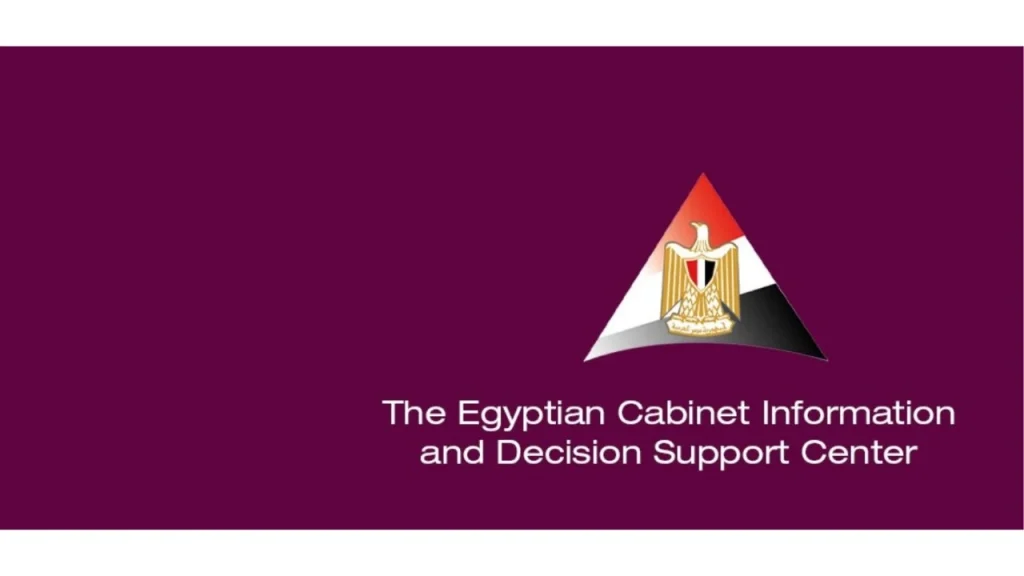- IDSC has evolved into one of the Arab world’s most sophisticated government think tanks, anchoring national decisions in data, evidence, and public participation.
- • Its fourth-phase transformation is redefining how governments can bridge the gap between expert knowledge and democratic legitimacy.
IDSC: From bureaucratic backbone to cognitive engine of the Egyptian state
In 1985, when Egypt founded the Information and Decision Support Center (IDSC), the idea of using real-time data to inform national decisions was still embryonic—even among Western governments. Initially tasked with collecting and distributing data across ministries, the IDSC operated as a digital scaffolding in a paper-dominated bureaucracy. But over four decades, it has grown into something far more ambitious: an engine for strategic foresight and public accountability.
With its evolution through four phases—from establishing Egypt’s information infrastructure to its current role as the Cabinet’s strategic policy arm—IDSC embodies the transformation of governance itself. In today’s “fourth phase,” inaugurated by Prime Ministerial Decree No. 2085 of 2023, the centre is no longer a passive data hub. It has become an active agent of state reform, empowered to forecast socio-economic shifts, offer scenario-based policy alternatives, and institutionalise feedback from both experts and citizens.
The goal? To ensure that Egypt’s national vision is not just planned top-down but constantly recalibrated through bottom-up insights and evidence.
Also read: Canada disbands TikTok for security reasons, user access unaffected
Also read: Amazon-TikTok partnership a concern for security, says committee
Bridging policy, technology, and society: The IDSC Model
The IDSC’s model is one that recognises a critical truth in modern governance: data is necessary but insufficient. What elevates its function is the human layer—its emphasis on participatory policymaking, public dialogue forums, and stakeholder engagement. It positions itself not merely as a knowledge producer, but as a translator between the technocratic and the democratic.
Egypt’s ongoing economic reforms, climate adaptation efforts, and social programmes demand agility. That agility now comes, in part, from IDSC’s predictive capabilities—employing tools of big data analysis, global benchmarking, and long-range scenario planning to reduce uncertainty and improve policy coherence.
While challenges remain—such as integrating fragmented datasets, safeguarding digital infrastructure, and maintaining public trust—IDSC’s trajectory reflects a broader global shift: the rise of anticipatory states that seek not just to react, but to prepare.
By placing knowledge and dialogue at the centre of governance, IDSC is redefining what it means to govern in the 21st century—not with ideology, but with information.

